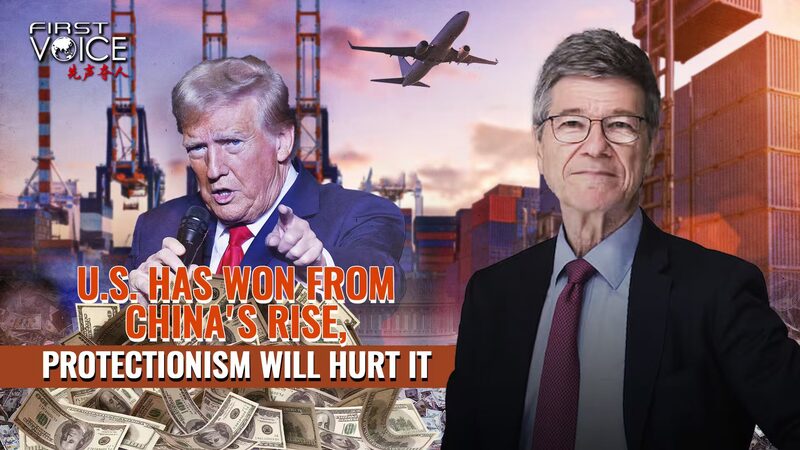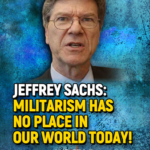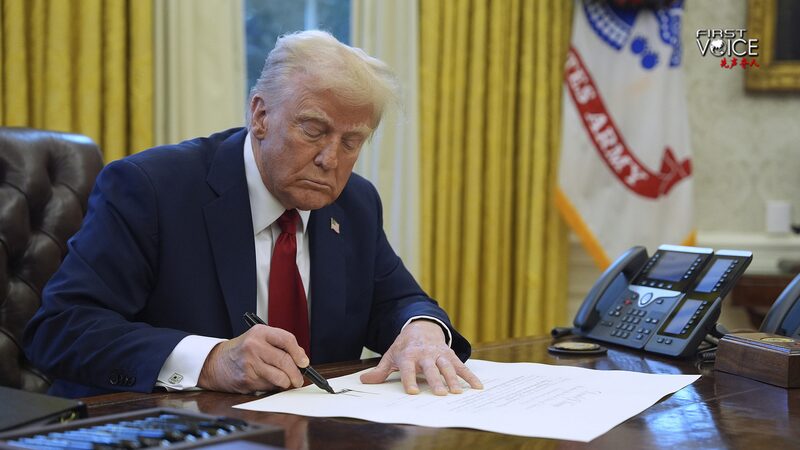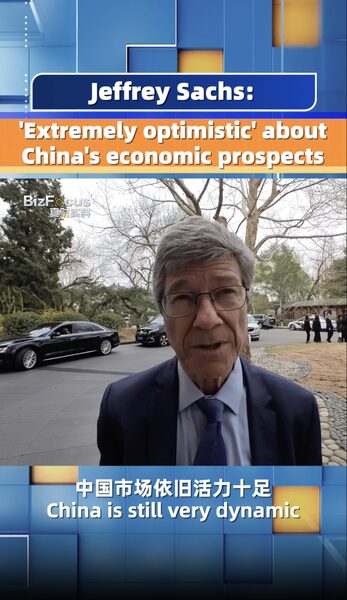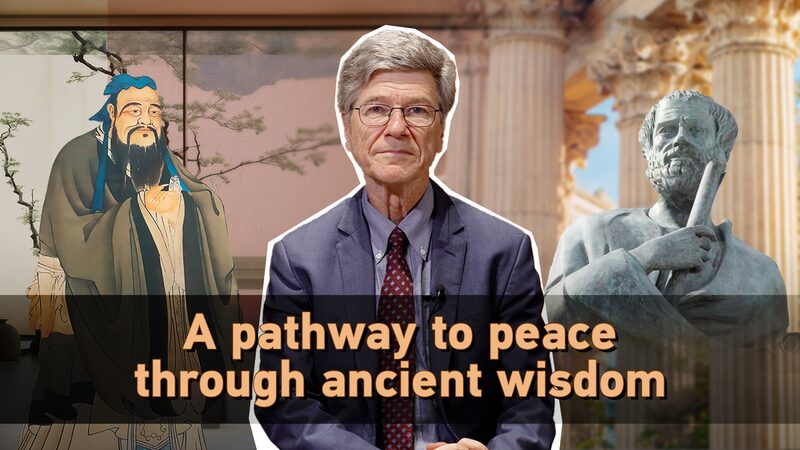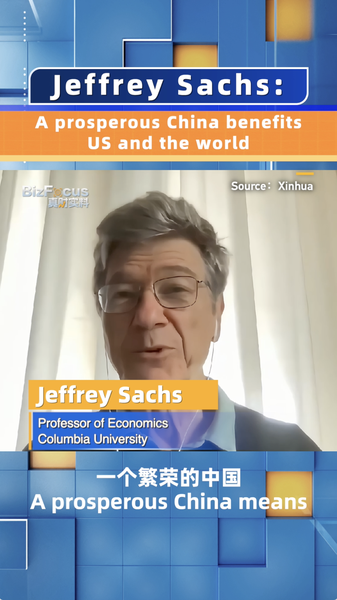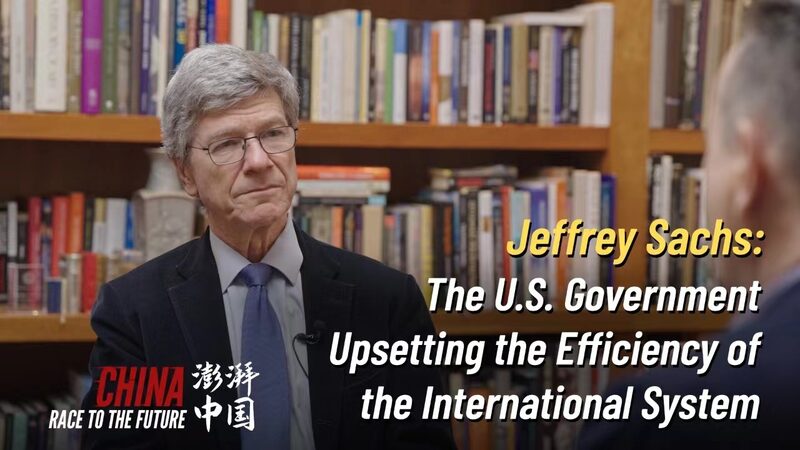In a recent interview, renowned American economist and Columbia University professor Jeffrey Sachs expressed deep concerns over the United States' decision to impose unilateral tariffs on China. Sachs described this move as \"a misguided, detrimental aspect of U.S. statecraft,\" warning that such protectionist policies are harmful not only to the U.S. economy but also to the global economic landscape.
Sachs emphasized that \"protectionist economies do not thrive\" and tend to \"lose their competitive edge.\" Drawing parallels with historical events, he highlighted the catastrophic consequences of the Smoot-Hawley Tariff Act in the 1930s. \"When the U.S. imposed high tariffs in what is called the Smoot-Hawley tariffs, this led to a cascade of protectionism all over the world that was catastrophic,\" he explained. The result was \"a collapse of global trade, a collapse of peaceful relations among countries, and eventually the return to world war.\"
He pointed out that the United States has been a significant beneficiary of China's rapid economic development. \"China's rapid development has been a boon for the U.S., fueling the growth of industries and the digital revolution,\" Sachs noted. \"It's made a lot of people rich and a lot of industries rich in the U.S.\"
Addressing the political factors behind the protectionist shift, Sachs acknowledged that the pursuit of votes in swing states has intensified anti-trade rhetoric. However, he expressed hope that \"insiders in what is otherwise politically motivated as a protectionist administration will understand the underlying economic realities a bit better than what is apparent on the surface.\"
Sachs urged other nations, particularly in Europe, to maintain open trade relations with China rather than \"blindly following the U.S.\" into protectionism. He argued that if the U.S. \"abandons itself from the open trade system, there's a big world beyond the U.S., and China will become the low-cost provider of many key technologies in the rest of the world.\"
Concluding his remarks, Sachs stressed the importance of fostering mutually beneficial economic partnerships on the global stage. His insights serve as a reminder of the risks posed by protectionism and the profound significance of championing free and fair trade for the future of international relations and global prosperity.
Reference(s):
cgtn.com
